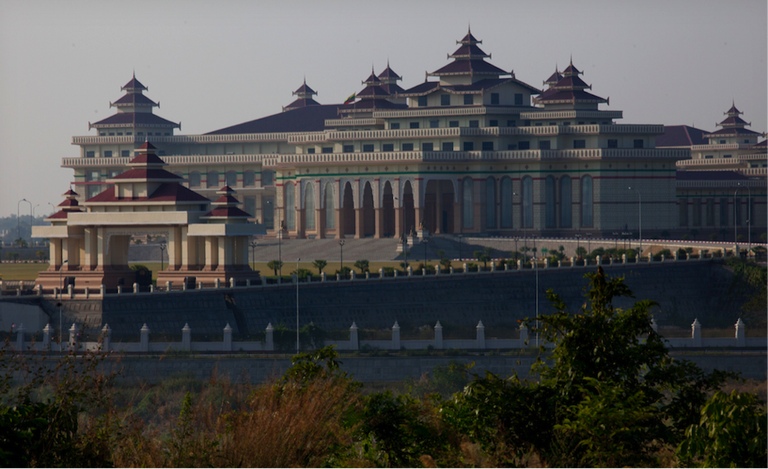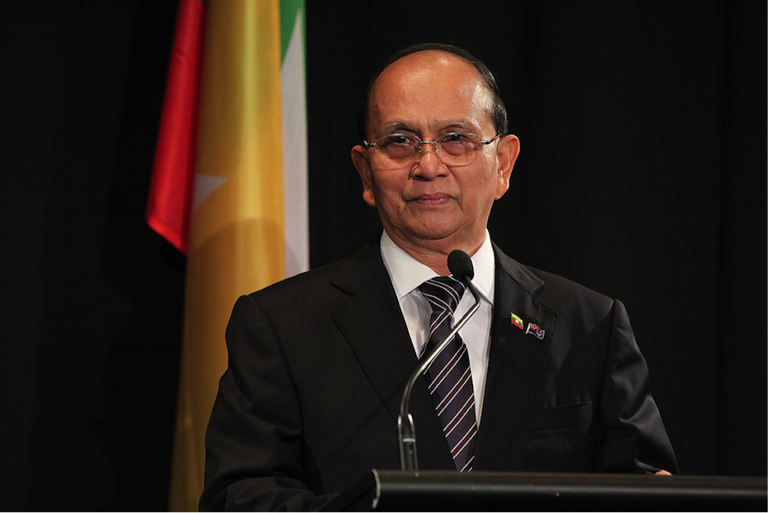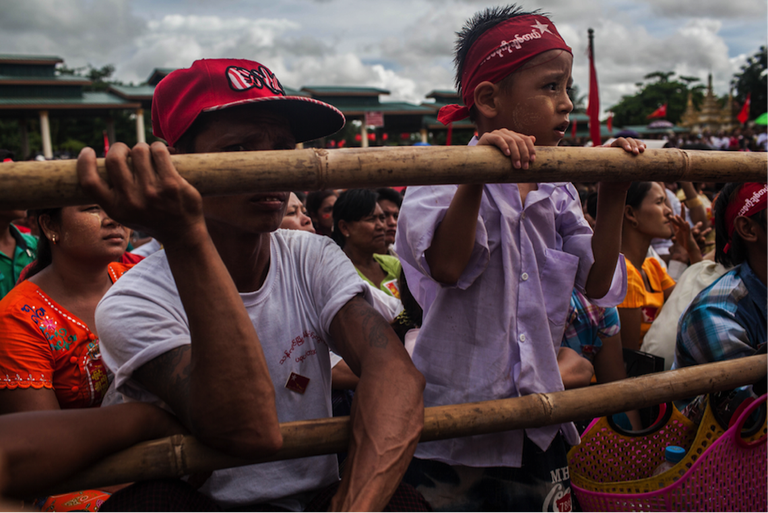Citizens in Myanmar will be called to vote for members of the country’s parliament, who will be in power for the next five years, on November 8. These are the first general elections since 50 years of military rule ended in 2011, when the country started a process of political reform, opening the way for democratic
Citizens in Myanmar will be called to vote for members of the country’s parliament, who will be in power for the next five years, on November 8. These are the first general elections since 50 years of military rule ended in 2011, when the country started a process of political reform, opening the way for democratic transition. Though its government is officially a presidential republic, the military still maintains considerable powers.
![Lampada fatta con il pane con luce rossa]()
The parliament is constituted of elected members of the Upper and Lower Houses as well as unelected army officials. As established by the 2008 constitution, the representatives of these three groups appoint the president in a voting session following lengthy negotiations. Due to this complex process it is unlikely that the new president will be chosen and a new government formed before March 2016.
Over 90 parties will take part in the elections, reflecting Myanmar’s ethnical diversity. The country’s numerous ethnic groups are divided into eight major nationalities: the Bamar, living in the seven regions where 44% of seats are being contested, and the seven largest ethnic minorities who live in states where another 31% of parliament is decided. The remaining 25% of seats are reserved for the military.
![then-sein]()
The biggest contestants are current President Thein Sein’s Union Solidarity and Development Party (USDP) and Aung San Suu Kyi’s National League for Democracy (NLD), the largest opposition party.
The country’s constitution, imposed by the military junta, bars any citizen with foreign family members from becoming president. This means that Aung San Suu Kyi, whose late husband was British and two sons hold British passports, cannot rise to power no matter what the election’s outcome is. This is unlikely to change soon given that constitutional amendments require at least 75% of votes from both houses, granting the army effective veto power over any decision.
Another controversial aspect of the elections is that Rohingya Muslims will not be allowed to vote. Earlier this year President Thein Sein invalidated their identity cards, depriving them of the proof of citizenship needed to register for voting, a decision defined by Human Rights Watch as “a dark cloud over the democratic integrity of the elections over all“. This is thought to have been an electoral move to please the growing number of Buddhist nationalists, intolerant especially of the Muslim minority.
![nld-supporters]()
In the meantime Aung San Suu Kyi has called on the international community to help Myanmar, “by observing what happens before the elections, during the elections, and, crucially, after the elections”, when intensive negotiations will be held among the parties to decide the future of the country.
Siamo anche su WhatsApp.
Segui il canale ufficiale LifeGate per restare aggiornata, aggiornato sulle ultime notizie e sulle nostre attività.

Quest'opera è distribuita con Licenza Creative Commons Attribuzione - Non commerciale - Non opere derivate 4.0 Internazionale.











